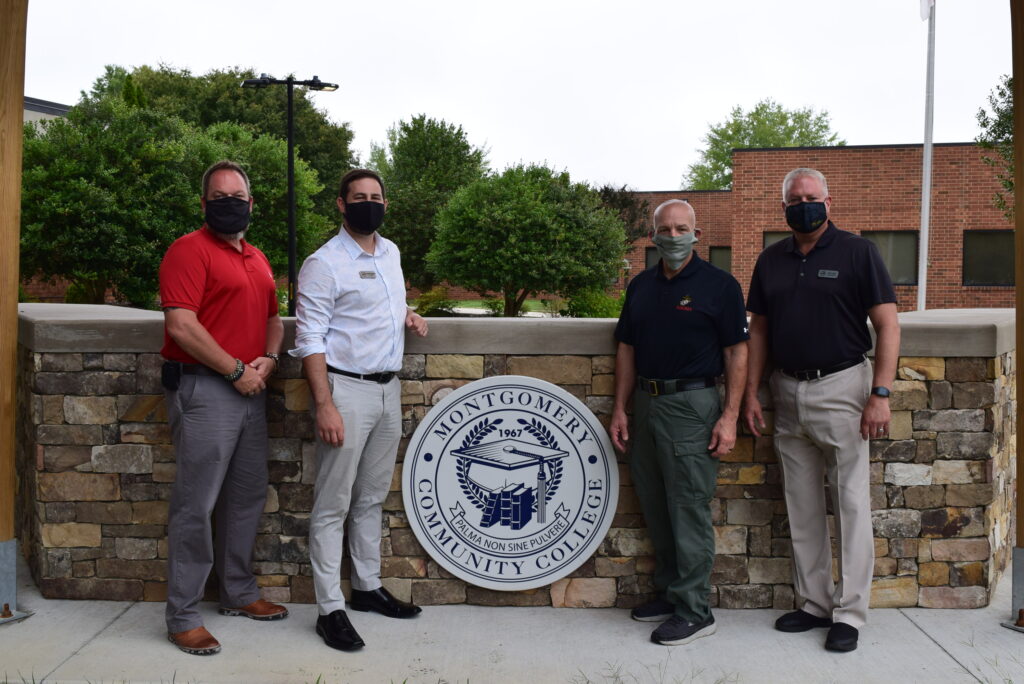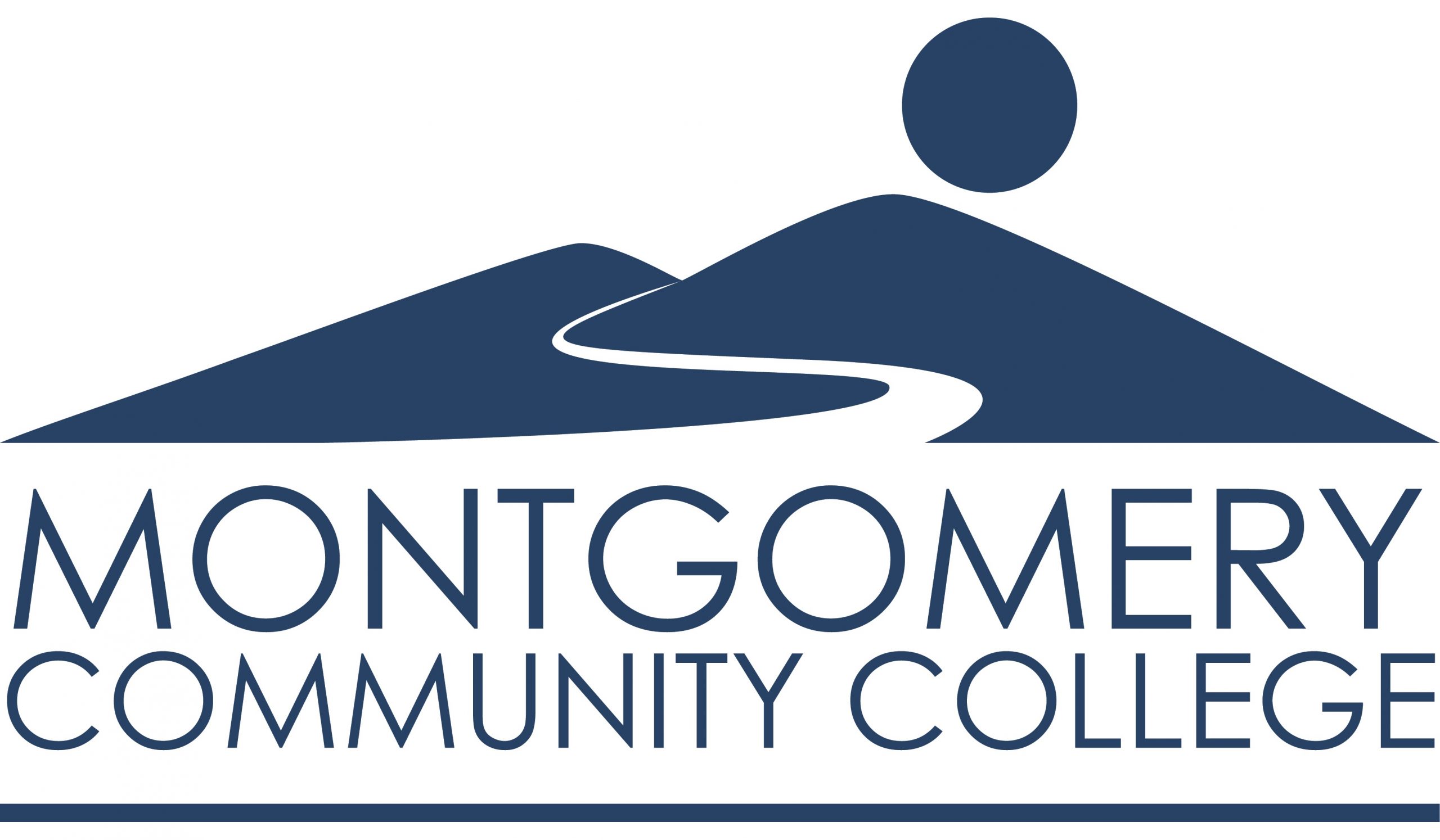With Renovations Complete, MCC Welcomes New Academic Program
Published on Monday, August 16th, 2021
Improvements to “Building 500” on the Montgomery Community College Campus are finished, heralding the arrival of the College’s newest academic program, a Public Safety Administration degree. Public safety administration is the study of disaster relief, response, preparedness and recovery.
The Public Safety Administration program will be offered at the degree, diploma and certificate level. Department of Public Safety employees who complete initial and continuing education training at MCC (1,000 students annually) will earn college credit through the program.

“This new program is truly flexible,” explains Andrew Gardener, Dean of the Department of Continuing Education at MCC. “Our Department of Public Safety students can earn a degree, and there is also a corrections component which will be appealing to our Basic Law Enforcement Training students. EMT and Fire are also being considered for future program enhancements.”
Likely audiences for the Public Safety Administration program include adult and high school students interested in entrance and advancement within various public safety and governmental organizations. Course instruction will include a mixture of traditional, online and hybrid classes, with some courses requiring hands-on training to develop proper technique. Areas of instruction include Behavioral Science, Ethics, Public Administration, Public Policy, Finance and Incident Management.
The program is designed to provide students with knowledge and skills in the technical, managerial, and administrative areas necessary for entrance or advancement within various public safety and government organizations. Plentiful employment opportunities exist with fire or police departments, emergency management organizations, governmental agencies, industrial firms, correctional facilities, private industries, insurance organizations, educational organizations, security and protective organizations and through self-employment opportunities.

